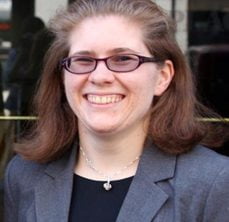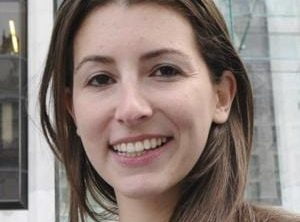The field of dentistry has earned a reputation for being more prone to misdiagnosis and overtreatment than other medical subspecialties. This is driven, at least in part, by a professional culture that has traditionally been less scientific and evidence-based than that of general medicine. It is also partially driven by an array of economic pressures that have predisposed dentists towards more aggressive and expensive treatment options, as well as by the legitimate ambiguities of clinical decision making in oral healthcare. In the past decade, at least half a dozen dental AI companies have begun selling software that they claim can help mitigate the problem of misdiagnosis and overtreatment in dentistry. Some of their systems attempt to do this by monitoring insurance claims, and flagging suspicious patterns in patient records. Other systems focus on automating the diagnosis process itself— scanning patient X-rays to identify simple issues like a cavity, for example, or a tooth abscess. On paper, dental AI companies pitch their products as helpful tools that can assist dentists by automating busywork and providing a backstop against innocent human error. They suggest that computer vision technology can help ensure that every dentist has access to the latest best practices and evidence-based care recommendations. However, AI technology can do much more than merely play the role of digital assistant. In many ways, these systems also serve as a kind of hall monitor, providing tacit enforcement of the clinical best practices that inform their programming. This project explores a simple question: What do we gain, and what do we lose, by bringing artificial intelligence to oral healthcare?
Robert Davis
Robert Davis is a writer and communications professional with nearly a decade of experience in the fields of corporate communications and content marketing. Prior to joining the Graduate Program in Science Writing, Robert served as content director at The Bulleit Group—a San Francisco-based PR firm servicing clients across a range of technology verticals including AI, cybersecurity, and alternative energy. Before that, he spent several years working as a corporate communications specialist for advertising agencies and digital publishers.
Robert is an accomplished writer, editor, marketer, and strategist with a fierce passion for technology. His work on behalf of tech industry clients has been published in outlets like Venture Beat, Morning Consult, Forbes, Inside Big Data, Robotics Business Review, Renewable Energy World, and Electronic Health Reporter. Robert’s primary writing interests include artificial intelligence, data science, data ownership, and global supply chains.




